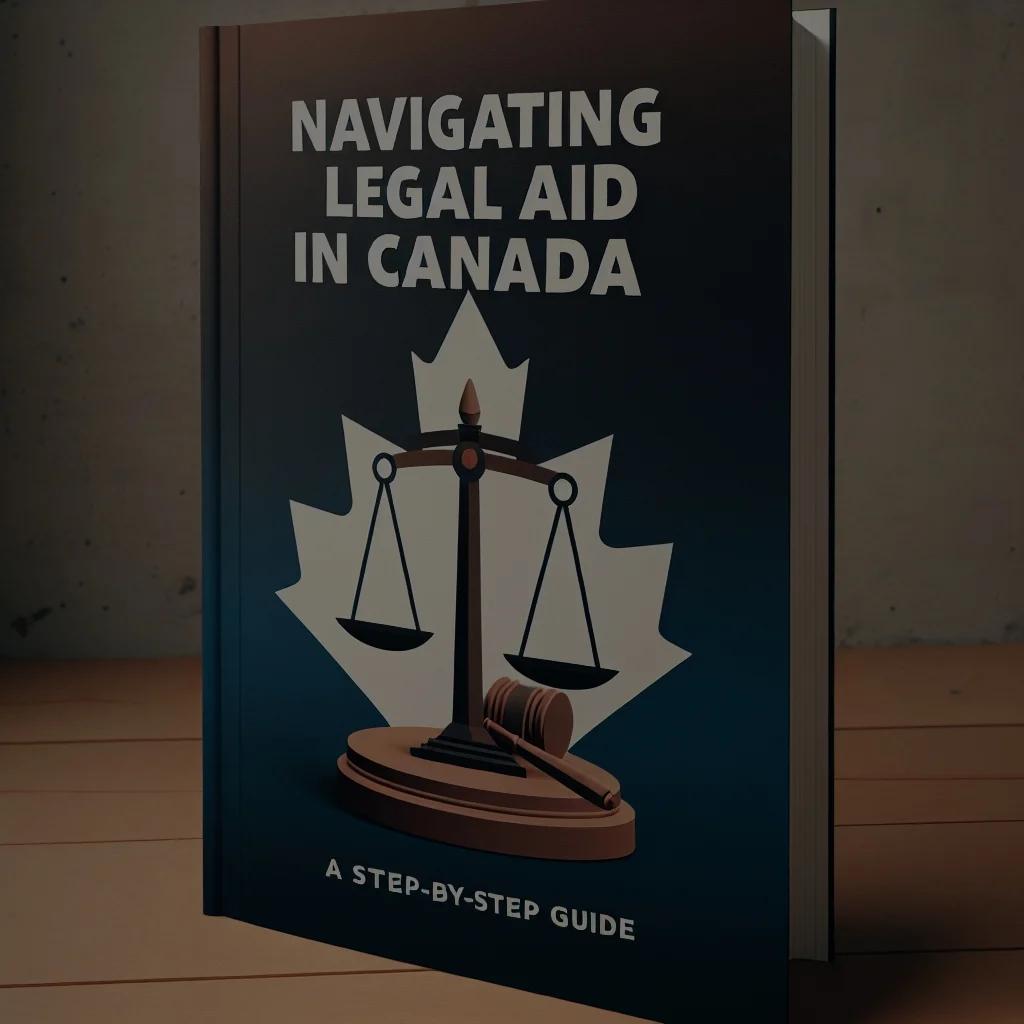Navigating the legal system can be an intimidating experience, particularly for those who cannot afford the high costs associated with legal representation. In Canada, legal aid plays a critical role in ensuring that individuals can access the justice system, regardless of their financial circumstances. This article serves as a comprehensive guide to navigating legal aid in Canada, outlining its significance, eligibility criteria, application process, and available resources for those in need.
Understanding the Importance of Legal Aid in Canada
Legal aid is vital in promoting fairness and equity within the Canadian justice system. It ensures that individuals who face legal challenges—whether in criminal, family, or civil matters—are not disadvantaged due to their financial status. By providing access to legal representation, legal aid helps uphold the principles of justice and the rule of law, which are foundational to Canadian society. This is particularly crucial for marginalized groups, including low-income families, immigrants, and Indigenous peoples, who may face systemic barriers in accessing legal support.
Moreover, legal aid contributes to the overall efficiency of the justice system. By addressing legal issues early through proper representation, it can reduce the number of cases that go to trial, helping to alleviate the burden on courts and ensuring that resources are allocated more effectively. Legal aid thus not only supports individual rights but also promotes the public interest by fostering a more accessible and streamlined legal process.
Furthermore, legal aid often includes various community legal clinics and services that provide free legal advice, education, and assistance. These resources empower individuals to understand their rights and responsibilities under the law, fostering a more informed citizenry. Overall, the importance of legal aid in Canada cannot be overstated, as it serves as a vital lifeline for those navigating complex legal landscapes.
Eligibility Criteria: Who Can Access Legal Aid Services?
Eligibility for legal aid in Canada primarily depends on two factors: financial need and the nature of the legal issue at hand. Generally, applicants must demonstrate that their income falls below a certain threshold, which varies by province and territory. This means that individuals and families with limited financial resources may qualify for legal assistance, allowing them to secure representation in legal matters without incurring crippling debt.
Beyond financial considerations, the type of legal issue also influences eligibility for legal aid. Legal aid programs typically prioritize serious cases, such as criminal charges, family law disputes involving child custody or domestic violence, and certain civil matters that could lead to significant consequences for the individual. As such, legal aid is not universally available for all types of legal issues, and applicants may need to provide detailed information about their specific circumstances and the nature of their legal challenges.
It is also essential to note that some provinces and territories have specific rules and regulations governing eligibility, including residency requirements or restrictions on legal representation for certain offenses. As a result, prospective applicants should familiarize themselves with the local legal aid guidelines to determine their eligibility and understand any unique conditions that may apply.
Step-by-Step Process to Apply for Legal Aid Assistance
Applying for legal aid in Canada typically involves a straightforward process that consists of several key steps. First, individuals seeking assistance should gather all necessary documentation, including proof of income, identification, and any relevant legal documents pertaining to their case. Having this information readily available will facilitate a smoother application process and ensure that the legal aid office can make an informed decision regarding eligibility.
Once the necessary documentation is compiled, applicants must contact their provincial or territorial legal aid office to initiate the application. Many jurisdictions offer online applications, while others may require individuals to apply in person or via phone. During this initial contact, applicants will often undergo a preliminary assessment to determine their eligibility based on income and the nature of their legal issue. It is advisable for applicants to be prepared to answer questions about their financial situation and the details of their case.
If deemed eligible, the legal aid office will assign a lawyer or refer the applicant to a legal clinic for further assistance. In some cases, applicants may need to pay a small contribution based on their income level before receiving legal services. Throughout this process, effective communication with the legal aid office is crucial; applicants should not hesitate to seek clarification or ask questions regarding their application status or next steps.
Resources and Support: Finding Help Along the Way
While navigating the legal aid application process, individuals can access various resources to help them along the way. Many provinces and territories have dedicated legal information websites that offer guides, FAQs, and contact information for local legal aid services. These online platforms serve as valuable starting points for individuals seeking assistance and can help demystify the legal aid process, making it more accessible.
In addition to official legal aid offices, community organizations and non-profits also provide support for those in need. These groups often host workshops, information sessions, and outreach programs aimed at educating individuals about their legal rights and options. By collaborating with legal professionals, these organizations can help bridge the gap between the community and the legal system, ensuring that individuals receive the information and assistance they need.
Finally, it’s essential for individuals to seek emotional and mental health support throughout the legal process. Legal issues can be stressful and overwhelming, and accessing counseling or support groups can help mitigate the emotional toll. Many community centers and health services offer free or low-cost mental health support, which can be instrumental in helping individuals navigate their legal challenges with resilience.
Navigating the legal aid system in Canada may seem daunting, but understanding its importance and following the necessary steps can empower individuals to access the assistance they need. Legal aid is a crucial resource that not only defends individual rights but also upholds the principles of justice for all. By familiarizing themselves with eligibility criteria, the application process, and available support resources, those in need can take proactive steps toward resolving their legal issues and securing a fair outcome. Remember, legal aid is not just a service; it is a fundamental right that ensures every Canadian has the opportunity to be heard and represented in the eyes of the law.
Navigating the Appeal Process: A Guide for Canadian CourtsUnderstanding Impaired Driving Penalties Across CanadaUnderstanding Your Rights When Arrested in CanadaRelevant LinkRelevant LinkRelevant LinkNavigating the Appeal Process: A Guide for Canadian CourtsUnderstanding Impaired Driving Penalties Across CanadaUnderstanding Your Rights When Arrested in CanadaRelevant LinkRelevant LinkRelevant Link



